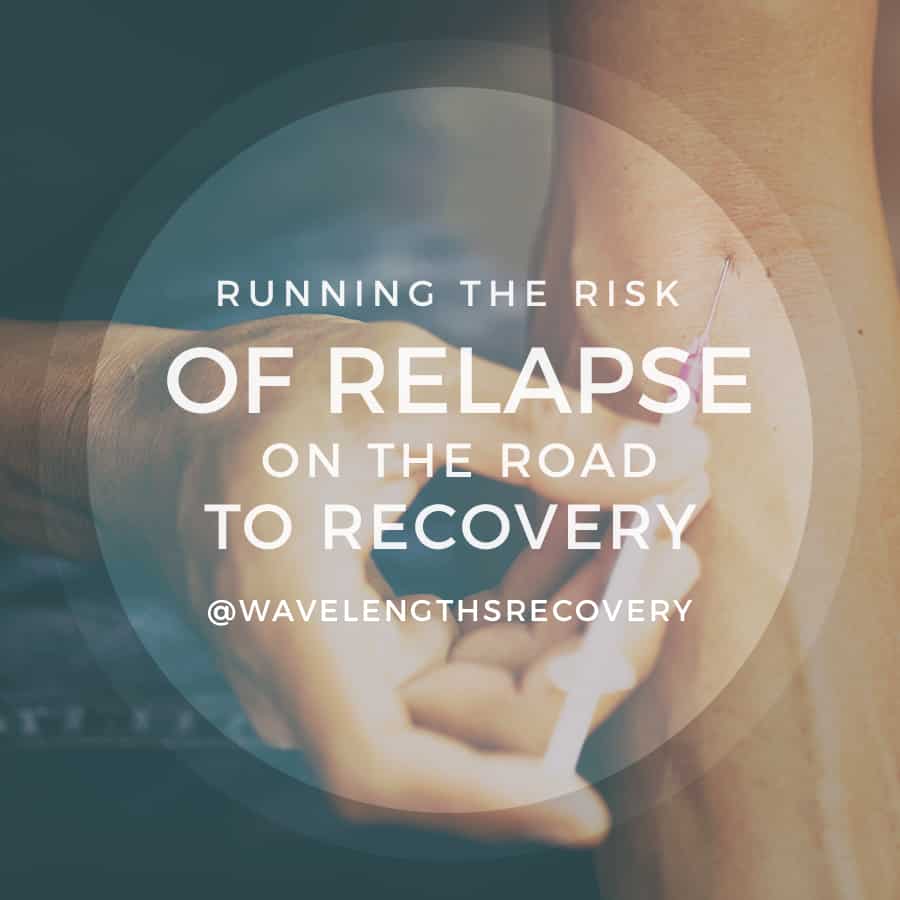That dreaded word—relapse. It has such a stigma and a painful feeling attached to it. Nearly every successful recovering alcoholic/addict has faced this in their past as they began the road to recovery. It does happen—let’s be realistic. But this relapsing, chronic non-curable disease of addiction is real. After substance abuse rehabilitation/treatment there is a 30% success rate as claimed by the therapeutic community, while 70-80 percent have dropped out by the 3-6 month marker. (Scientific American) Others believe the reality of addiction is at least half of those who enter recovery will relapse at some point. (Ashwood Recovery blog) A long-term sobriety plan is needed for the chance of achieving sustained recovery. Unfortunately, there are just no magic solutions or one specific way for everyone.
Many substance abusers have found success through twelve-step meetings, and there are numerous meetings in a variety of substance-specific areas of focus all over the country. Many treatment centers and facilities offer alumni programs that allow the graduates of the program the ability to remain involved in a supportive recovery community. Keeping successful recovery clients involved in this kind of community does seem to help their continuity of recovery success odds become much higher. Here are some things to look at for support avoiding a possible relapse after a treatment stint:
- Be prepared coming back home where the environment is not protected like the rehab facility. (the “playground” of the past)
- Realize that it is not the only problem is alcohol or drugs, and they forget the real reason they are in addiction in the first place.
- Substituting other activities for the original substance of abuse, and allowing behaviors to go untreated is not a healthy change. Workaholic, gambling ex.
- Hanging out with the wrong crowd again, where abstinence is not a concern, is not going to be supportive and encouraging. (the “playmates” of the past)
- If the original needs of the addiction were not met in the rehab process, these needs will be still there to be addressed. (ex. dual diagnosis with mental health)
- Having unrealistic expectations of early recovery, or going back into regular life activities without taking time to take care of yourself will make relapse much easier to occur.
- Doing the same things when returning from rehab and expecting things to be different. (the “play things” of the past).
Want to beat the relapse statistics? The National Institute on Drug Abuse states that: “the goal of treatment is to return people to productive functioning in the family, workplace, and community”. If the statistics say 50% can do it, there is hope. And if you relapse, don’t view it as the ultimate failure. “If you were able to stay clean and sober before, you will be able to do it again,” says Donna M. White, LPCI, CACP
Use these 5 Rs to help:
- Be Realistic with goals and expectations. Are the doable?
- Keep trustworthy Relationships in place. Are these people supportive?
- Move forward on the Road to recovery. Are you just reliving the past, or figuring out new routes to make changes.
- Recognize triggers. See those behaviors that can get you in trouble and avoid.
- Set up a Rewarding aftercare plan for recovery. Rewards for reaching any of your goals is a helpful way of making progress. Use these for all areas of your recovery.





Share This Article